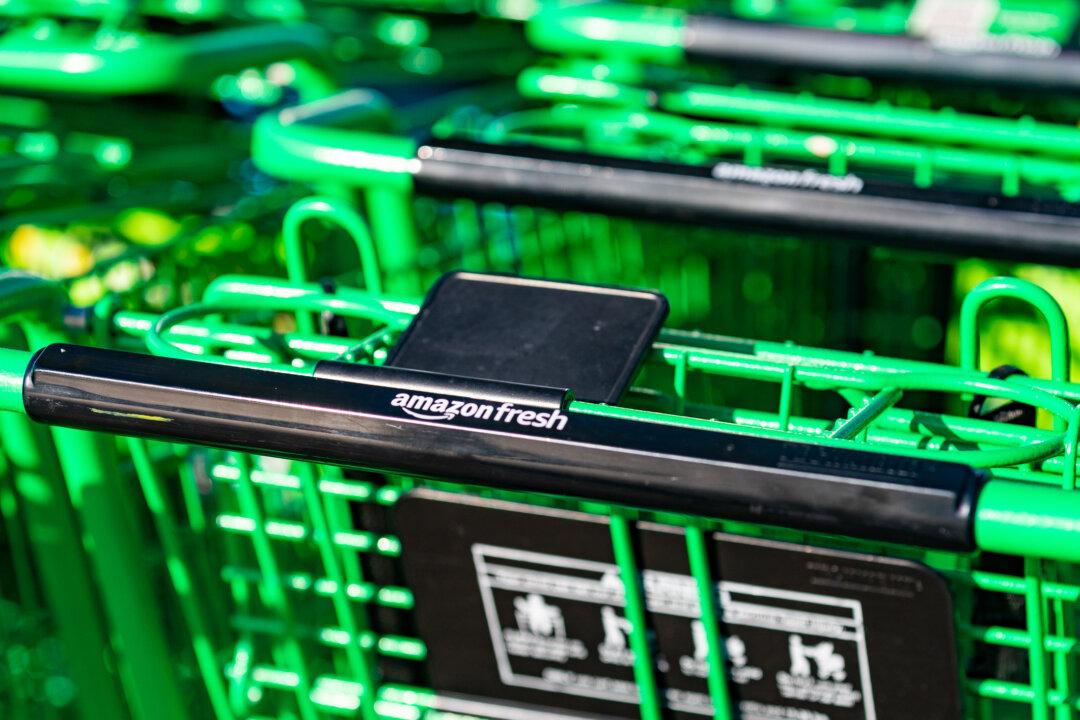The cities of Santa Ana and Irvine are being sued over recently approved ordinances to hike the hourly wages of grocery and pharmacy workers during the pandemic.
The California Grocers Association (CGA) filed the lawsuit on March 17 at the Orange County Superior Court and seeks to declare the ordinances invalid and unconstitutional by singling out grocers and ignoring other frontline workers.





